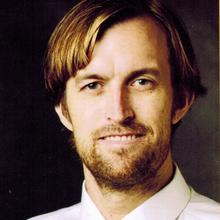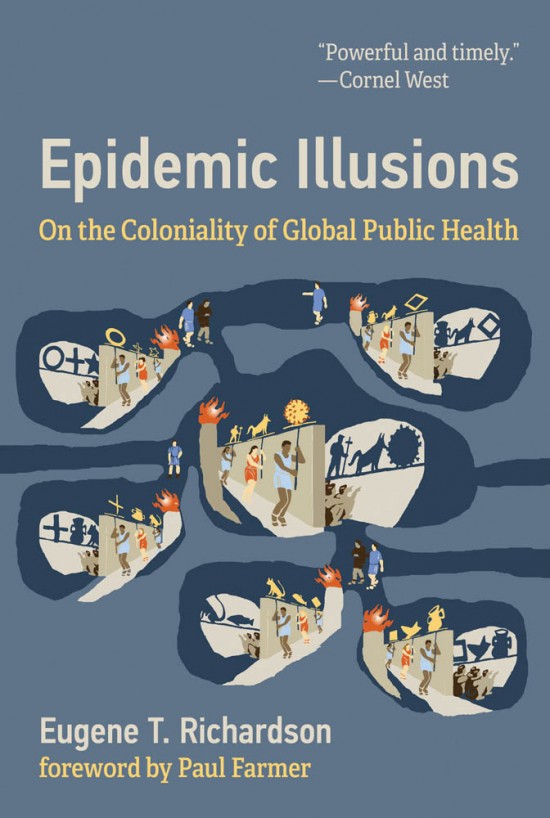
- This event has passed.
Epidemic Illusions: On the Coloniality of Global Public Health
December 9, 2021 @ 9:00 am – 10:30 am
Global and Community Health at UCSC presents a book talk by Eugene Richardson on Epidemic Illusions: On the Coloniality of Global Public Health. A physician-anthropologist, Richardson “explores how public health practices–from epidemiological modeling to outbreak containment–help perpetuate global inequalities.”
The talk will be held on-campus in Humanities 210. Please register here for online or in-person attendance.

Eugene Richardson
Assistant Professor of Global Health and Social Medicine, Harvard Medical School
Dr. Richardson previously served as the clinical lead for Partners In Health’s Ebola response in Kono District, Sierra Leone, where he continues to conduct research on the social epidemiology of Ebola virus disease and COVID-19. He also worked as a clinical case management consultant for the WHO’s Ebola riposte in Beni, Democratic Republic of the Congo. More recently, he was seconded to the Africa CDC to join their COVID-19 response. His overall focus is on biosocial approaches to epidemic disease prevention, containment, and treatment in sub-Saharan Africa. As part of this effort, he is co-chair of the Lancet Commission on Reparations and Redistributive Justice and co-chair of the BMJGH Commission on Epistemic Injustice.

Epidemic Illusions: On the Coloniality of Global Public Health
In Epidemic Illusions, Eugene Richardson, a physician and an anthropologist, contends that public health practices—from epidemiological modeling and outbreak containment to Big Data and causal inference—play an essential role in perpetuating a range of global inequities. Drawing on postcolonial theory, medical anthropology, and critical science studies, Richardson demonstrates the ways in which the flagship discipline of epidemiology has been shaped by the colonial, racist, and patriarchal system that had its inception in 1492.
Deploying a range of rhetorical tools, including ironism, “redescriptions” of public health crises, Platonic dialogue, flash fiction, allegory, and koan, Richardson describes how epidemiology uses models of disease causation that serve protected affluence (the possessing classes) by setting epistemic limits to the understanding of why some groups live sicker lives than others—limits that sustain predatory accumulation rather than challenge it. Drawing on his clinical work in a variety of epidemics, including Ebola in West Africa and the Democratic Republic of Congo, leishmania in the Sudan, HIV/TB in southern Africa, diphtheria in Bangladesh, and SARS-CoV-2 in the United States, he concludes that the biggest epidemic we currently face is an epidemic of illusions—one that is propagated by the coloniality of knowledge production.

